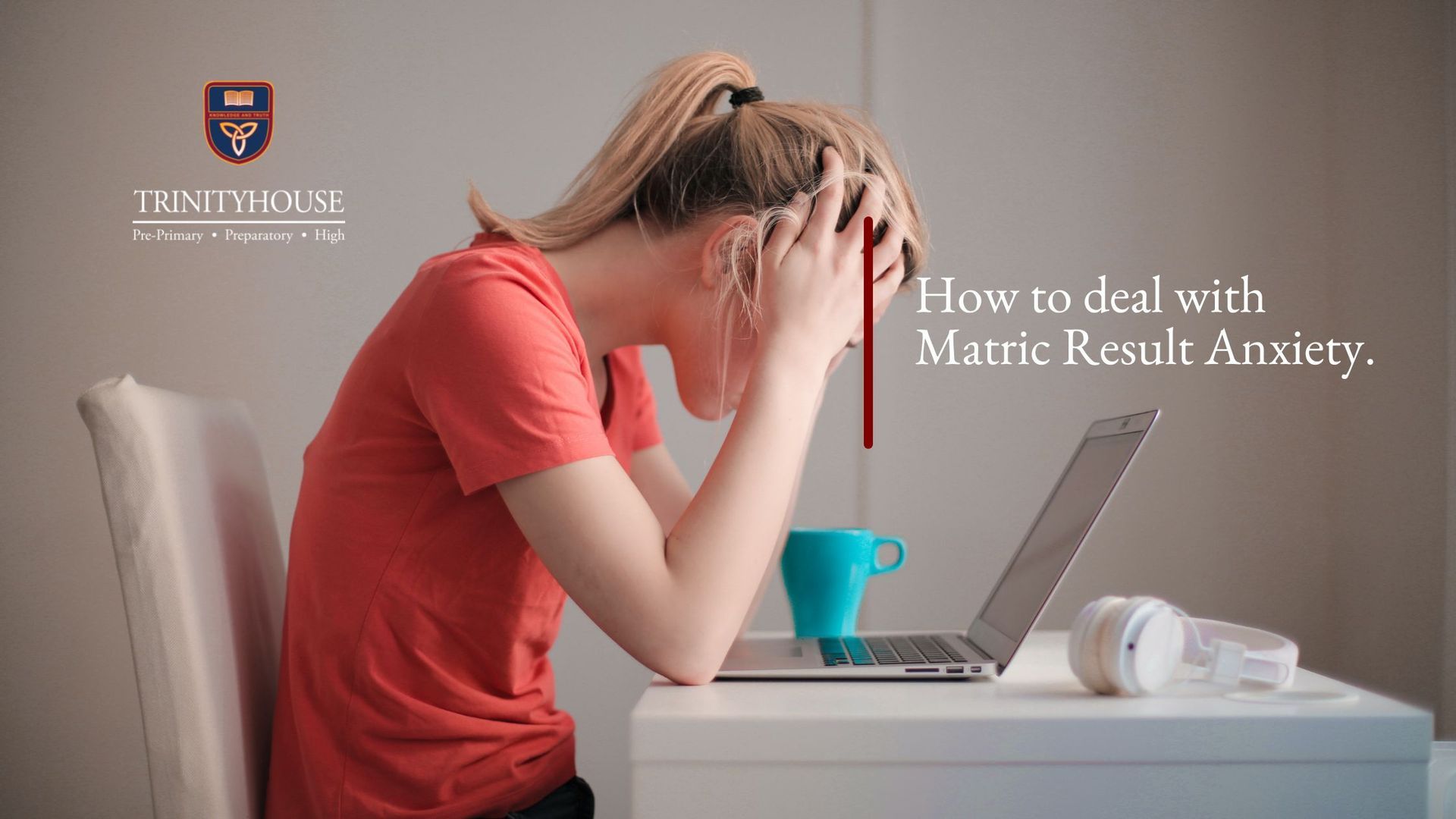Screen Busters
It’s easy to allow kids to stay on a screen all day because you are busy, because they are bored, and because it’s just less stressful that way, but here’s information that should make you rethink screen time for your kids.

“Screen time” gets a terrible rap. You’re supposed to hate it, and pretend your child has very little of it, even as you return from your own eight-hours-at-the-computer-screen job, hoping to spend the evening catching an episode of your latest Netflix addiction, order Uber eats for dinner and FaceTime your sister in Australia.
So let’s not start another piece of parenting advice with a litany of woes. Actually, the internet is an amazing receptacle of all the knowledge human beings have ever gathered, a minor miracle, which you can access via a screen small enough to fit in your pocket. Most of us use screens in our work, definitely for entertainment, and as much as social media can be dangerous or nasty, it can also provide a space of safety, connection and belonging to those who feel on the margins in some way including our children.
What’s more, many of us only survived the pandemic because we were able to work and be schooled from home. Lastly, living a screen-free, internet-less life is just unrealistic in a world that is moving online at a pace that will still transform our daily lives even in our (middle-aged) lifetimes. However. There are undoubtedly dangers to be aware of as we migrate, via augmented reality, towards a metaverse in which our screenagers’ online existence is as “real” as the physical world around us. Broadly, there are physical and psychological hazards to screens. Because they are more easily
quantifiable, let’s start with the physical dangers.
Physical effects of screen time
Focusing for a long time on a small screen can damage your eyes, and ways to mitigate against that includes getting your eyes tested, coating spectacles with anti-reflective coating, and adjusting your computer’s settings to reduce blue light, contrast, font smoothing and flicker. You can download blue light filter and eye protection software, for instance from https://iristech.co/.
Looking at screens from incorrect angles can cause bad posture and headaches. And it stands to reason that the longer you are sitting at a screen, the less physical exercise you are getting, which increases the risks of obesity and other negative effects of sedentary lifestyles. The answer here is obvious: limit screen time, and balance screen exposure with real-world activities. Sleep quality is affected by screen exposure, too, so insist your child put that device down half an hour before bedtime.
A word on addiction
Before we can discuss psychological hazards of screen time, let’s discuss what addiction is. So-called “screen addiction” has not been recognised as an official disorder by any official psychological or health body. Excessive internet use is not considered a disorder by the World Health Organisation and you won’t find it listed in the Diagnostic and Statistical Manual (DSM-V) or the International Classification of Diseases (IDC10).
Still, hallmarks of addiction are similar, nevermind your chosen poison. Dr Aric Sigman names the problem “children engaging in a variety of screen activities in a dependent, problematic manner” in the Journal of the International Child Psychology Association. He lists these eight characteristics of problematic, dependent screen use:
- Preoccupation
- Withdrawal symptoms
- Increasing tolerance
- Failure to reduce or stop screen activities
- Loss of outside interests
- Continuation despite negative consequences
- Lying about extent of use
- Use to escape adverse moods
You know your child (and yourself!). If this list seems eerily familiar, you’ve got a problem.
Psychological factors
The longer you spend online, whether it’s gaming, watching YouTube videos, using porn, or posting to and consuming social media, the fewer human beings you are interacting with in person. That equates to a lonely existence, and loneliness causes stress hormone cortisol to rise. So, your teen’s social skills are dulled (nobody is born with a fully functional set of these either; those skills are sharpened in real-world interactions with other people). Soon enough, a vicious cycle of frustration, isolation and depression can form. There is already a demonstrated correlation between internet overuse and substance abuse. Now throw unparalleled levels of insights into the private world of others into this mix, and a sad and mad teenager may not be able to cope.
“Social media allows insights into other people’s worlds and invites comparisons and insecurity,” says Pam Tudin, co-owner and creator of Klikd.co.za, a website and app that helps parents and teenagers navigate social media. So while it may be great that your teen can hang around in obscure corners of the internet meeting like-minded people with an equal passion for *insert super-niched interest here*, but there will also be SnapChats or TikTok videos or Instagram posts that document parties or friendships or in-jokes from which they are excluded.
“Know your child,” advises Pam. “Anxiety sufferers will be prone to online comparison, or need more online validation; an ADHD child may be more inclined to be impulsive. Be alive to your child’s disposition” so that you can react and look after them appropriately.
The teen years are a time for flexing the muscles of independence, and your child may object to your attempts to monitor their online behaviour. Partly this may be because they themselves are not yet aware of exactly what dangers can lurk online.
Consider downloading the Klikd app for them (it costs R450). It’s a multi-module app by teens for teens that deals with subjects such as phone addiction, cyberbullying, managing tricky people online, dealing with scammers, simulates online chats, online reputation and more. Tweens and teens aged between 10 and 15 complete 14 modules of the Klikdapp in their own time over a year or in a class, and they receive their “social media license” at the end of it.
“Contract with them that you will check their phone,” says Klikd’s Pam Tudin. You can safely rebut their demands for “privacy”, she says, by delineating what is private and what is not. “A journal or a voice call or an in-person visit is private, but an online forum is by definition not private, so their demands for a right to privacy on their phones is an oxymoron.” In that sense, you, reading their phone, are a concrete representation of the abstract, nameless and faceless individuals who consume your child’s online content or interact with them digitally.
“Get to a place where you can have less frequency and more trust in monitoring them online,” says Pam, “in that they demonstrate repeated, predictable behaviour in terms of how they show up online.” Managing screen time and online behaviour:
- Balance, balance, balance: Allow your teen say an hour of screen time, but then expect that they spend an hour in the real world, doing a chore, exercise, seeing a friend or cooking a meal.
- Who’s the parent? You are: Just as you may set a curfew or expect your children to contribute in some ways to the running of the household, so you are also allowed to set limits and have expectations in terms of online behaviour.
- To prevent unhealthy late-night web surfing, it is a good idea to take devices away from bedrooms at bedtime and charge them overnight in the lounge or your bedroom.
- Download an app such as the Google Family Link (or similar) that allows your teenagers’ linked accounts to be monitored for graphic content, total screen time, and that sets predetermined “online” hours (such as 6am to 8pm). Understand, however, that “net nannies” are not failsafe and that a determined enough user will figure a way around their restrictions.
- For general safety in the real world, enable location sharing on your child’s phone or tablet so that you can track their whereabouts and vice versa. Google Family Link offers this, but many other apps such as Life360 do too.
- Practise what you preach: If it annoys you to be speaking to your child almost exclusively “in profile”, with their nose buried in their phone, make sure you also put your device away when you’re with them. Modelling good manners is crucial for getting good behaviour back.














